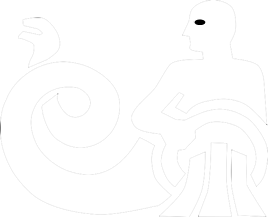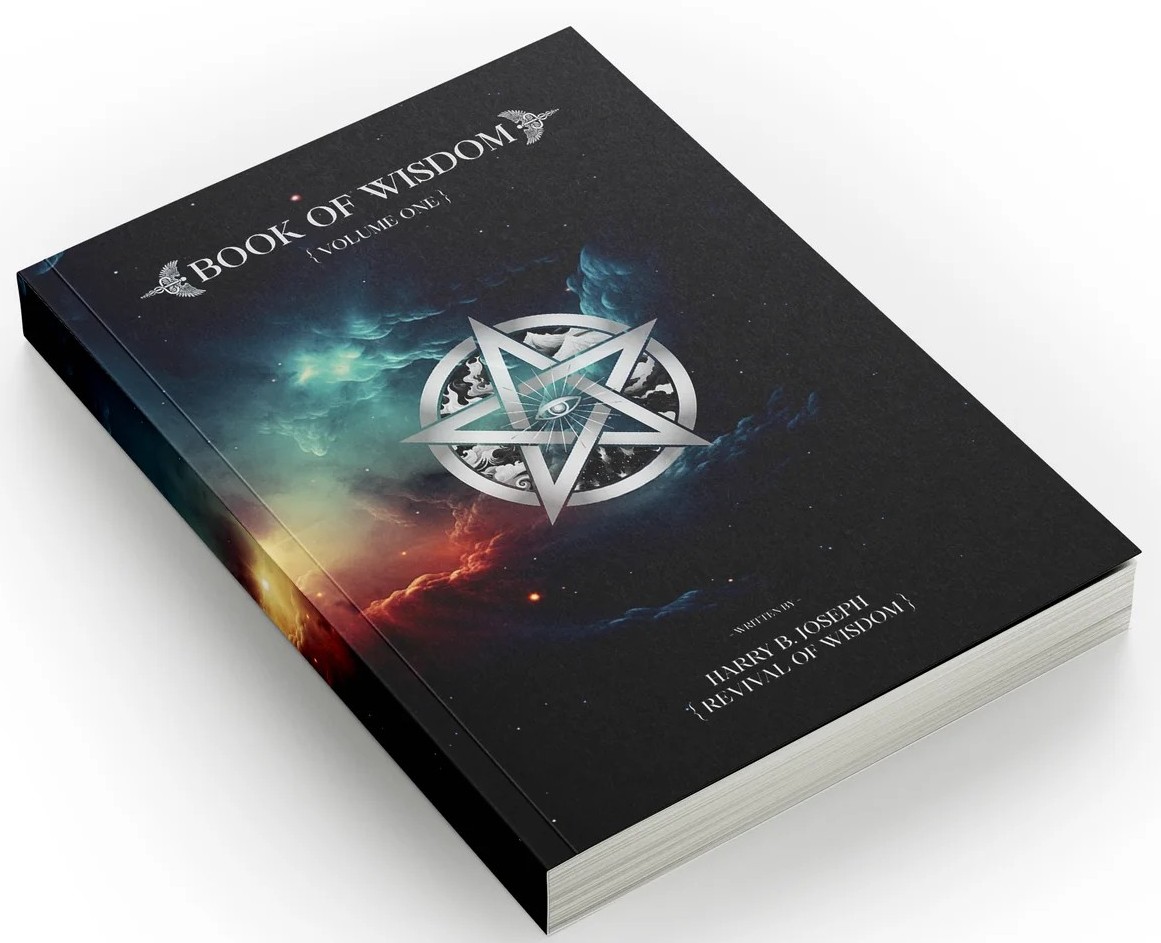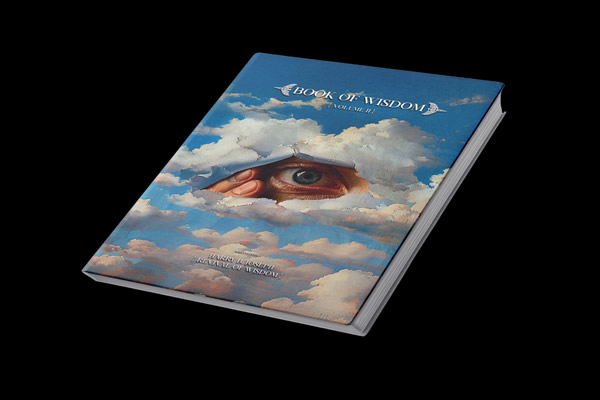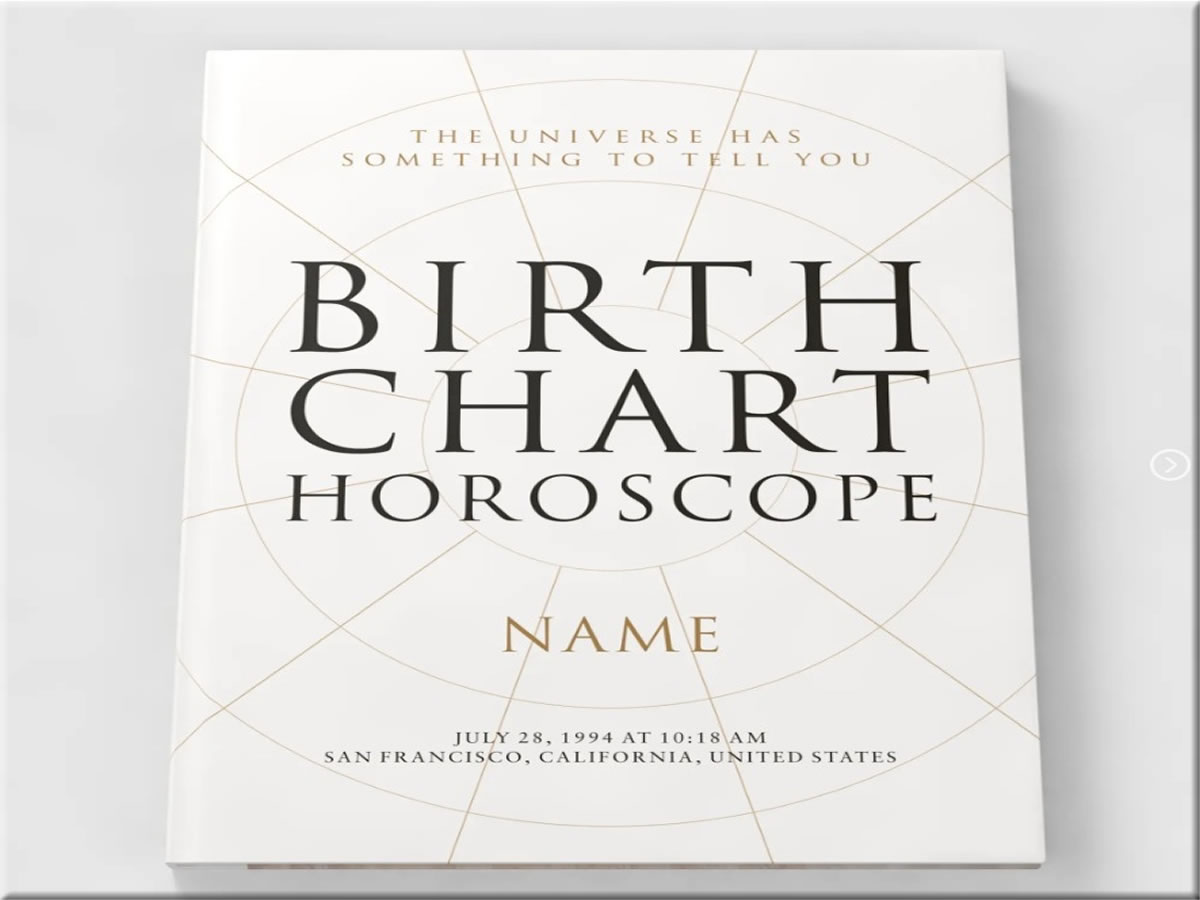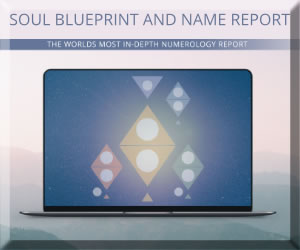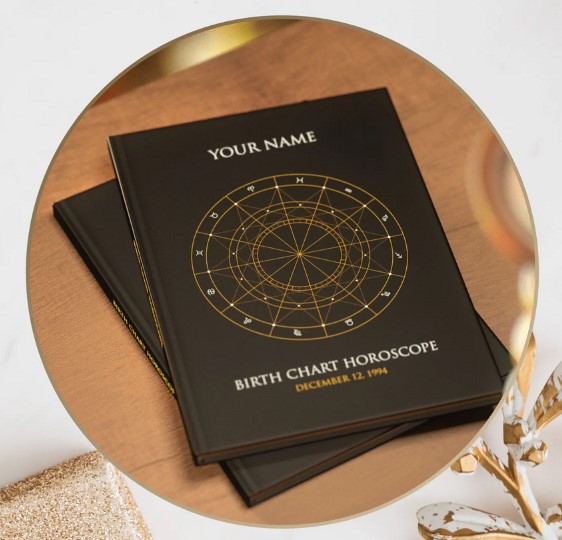
Debunking Islam: The Allegation of Plagiarism
Islam emerged in 7th-century Arabia, shaped by the life of Prophet Muhammad and the region’s cultural context. Many teachings reflect similarities with Judaism and Christianity, leading to debates about whether Islam is a plagiarism of these faiths or a distinct development tailored for the Arabic people.
According to Muslims, the story of Islam’s birth is deeply intertwined with the life of its Prophet, Muhammad. Born in Mecca around 570 CE, Muhammad grew up in a period of significant social and economic change. At the time, Arabia was a melting pot of cultural and religious ideas, with pagan, Jewish, and Christian communities coexisting, often in tension. In 610 CE, Muhammad began experiencing revelations. According to Islamic tradition, the angel Gabriel delivered these messages from God, forming the core of the Quran.
From a Judeo-Christian perspective, the narrative shifts. Many see Islam emerging much later, interpreting it through their theological lens. To them, Muhammad is seen as someone who borrowed from pre-existing religious texts, particularly from rabbinic Judaism and various Christian sects, especially those outside the Roman orthodoxy. Therefore, Mohammad’s recorded teachings appear to combine second-hand knowledge of Christianity, Jewish extra-biblical teachings, and some pagan Arabic beliefs.
The Purpose of Religious Plagiarism
Ancient Mesopotamian and Egyptian cultures were rich in deities and myths, such as the creation stories of Enuma Enlil, the Osiris myth, and many others. These ancient beliefs laid the spiritual groundwork for the region, revealing striking similarities with later Abrahamic religions in themes of creation, morality, and divine intervention.
The Book of Wisdom is a must-have book for every free-thinker and truth-seeker. It offers a wealth of knowledge, encompassing both surface-level truths and deep, hidden insights from the esoteric realm.
Christianity and Judaism exhibit parallels with earlier religions through shared stories like the flood narrative and rituals such as baptism. Emerging in a context rich with ancient beliefs, scholars argue that these faiths absorbed elements from surrounding cultures, significantly shaping their doctrines and practices.
Cultural exchange has played a crucial role in shaping religious beliefs as societies borrow elements to enhance their narratives. Political and social motivations often drive the creation of new religious frameworks; when one civilization and its culture are destroyed, another emerges, which is a fact.
Islam and the Claims of Plagiarism
Allegations that Islam borrowed heavily from Jewish and Christian texts have a long history. The Quran shares several narratives with the Bible, which has led to claims that Islam ‘plagiarized’ from the Judeo-Christian tradition. These overlapping stories, such as those of Abraham, Moses, and Jesus, are frequently cited as evidence of this borrowing.
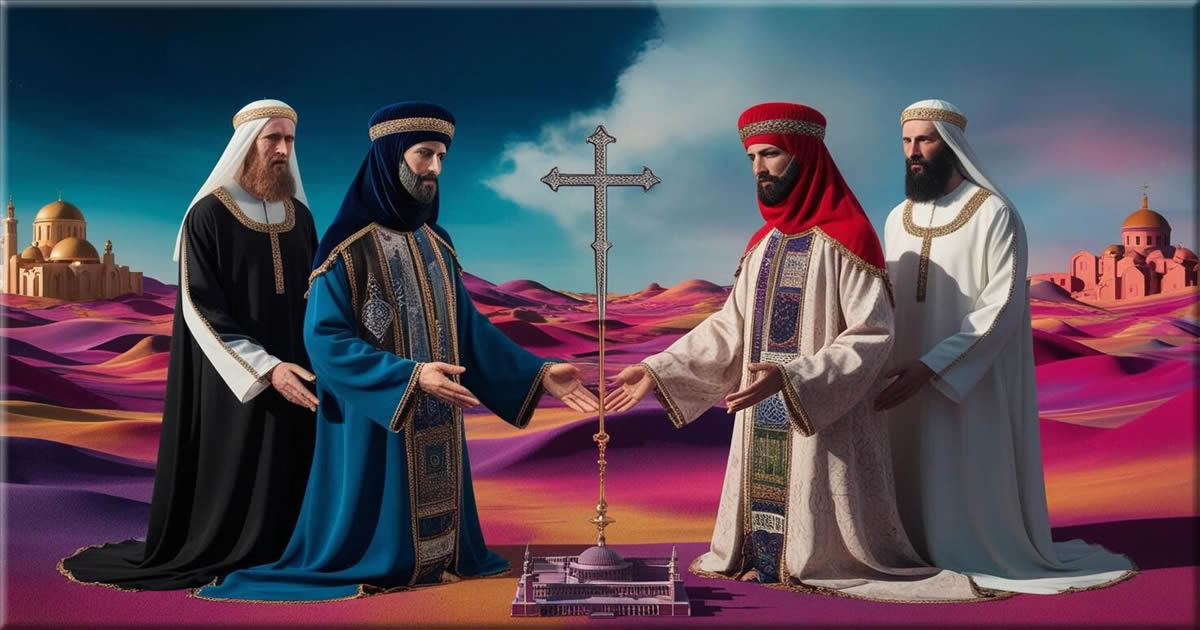
From the point of view of Islam, these similarities are viewed not as plagiarism but as confirmation of a shared divine truth. Muslims believe the Quran to be the ultimate revelation, correcting and completing earlier scriptures. This perspective emphasizes continuity, with Islam as the final link in a long chain of Abrahamic faiths.
Examining these allegations requires diving into the historical dialogues between Muslim, Jewish, and Christian scholars. During and after the life of Muhammad, these faiths engaged in exchange and debate, influencing each other’s theological developments. The Quran acknowledges its ties to these earlier texts as part of a broader spiritual heritage.
The involvement of apocryphal texts adds another layer to the discussion. Many stories present in the Quran appear in these non-canonical Christian writings. This has fueled theories that Muhammad drew inspiration from such sources, especially given the Quranic emphasis on tales more aligned with Eastern Christianity, which often included apocryphal elements.
The Evolution of Muhammad’s Image in Christianity
The image of Muhammad among Christians has not remained static but has undergone significant transformations over the centuries. Initially, many early Christians viewed him with suspicion, even labeling the Prophet as an anti-Christ figure. This perception, steeped in religious and cultural animosities, painted Islam as a heretical deviation from Christian teachings.
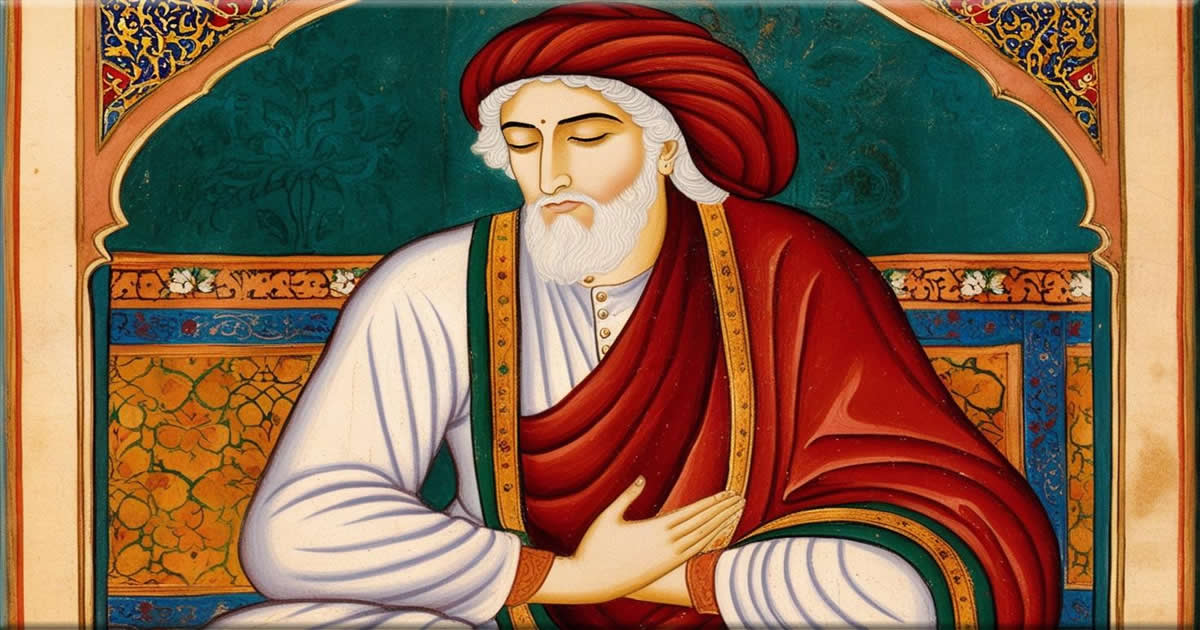
Over time, however, a more nuanced understanding of Muhammad arose within certain Christian circles. As Islamic empires expanded and interactions between Muslims and Christians became more frequent, scholars began to revisit their earlier assessments. Some clergy and academics recognized Muhammad’s role as a reformer and unifier, contributing to a gradually shifting image that acknowledged his impact on religious and social structures.
The influence of Eastern Christian traditions played a notable role in altering perceptions. As Islam expanded into regions dominated by Eastern Christian sects, theological discussions flourished. Despite doctrinal differences, these exchanges led to a broader recognition of Islam’s theological underpinnings and Muhammad’s function in forwarding monotheism.
Nowadays, Christian views on Muhammad and Islam are as varied as the denominations themselves. Modern interfaith dialogues have fostered a platform for mutual respect and exploration of shared values, though theological disagreements persist. Recognizing the historical evolution of Muhammad’s portrayal in Christianity encourages a more informed and empathetic approach when navigating these complex inter-religious landscapes.
Volume 2 continues the profound themes introduced in the predecessor even deeper into the complexities of existence and the pursuit of knowledge, encouraging readers to question established beliefs.
Islam: A Fusion of Faiths or Original Revelation?
The debate over whether Islam is a plagiarism of Judaism and Christianity or stands as an original revelation has persisted over centuries. From the Judeo-Christian viewpoint, some assert that Islam draws heavily from Jewish and Christian teachings, interpreting Muhammad’s contributions as an amalgamation rather than a unique spiritual directive.
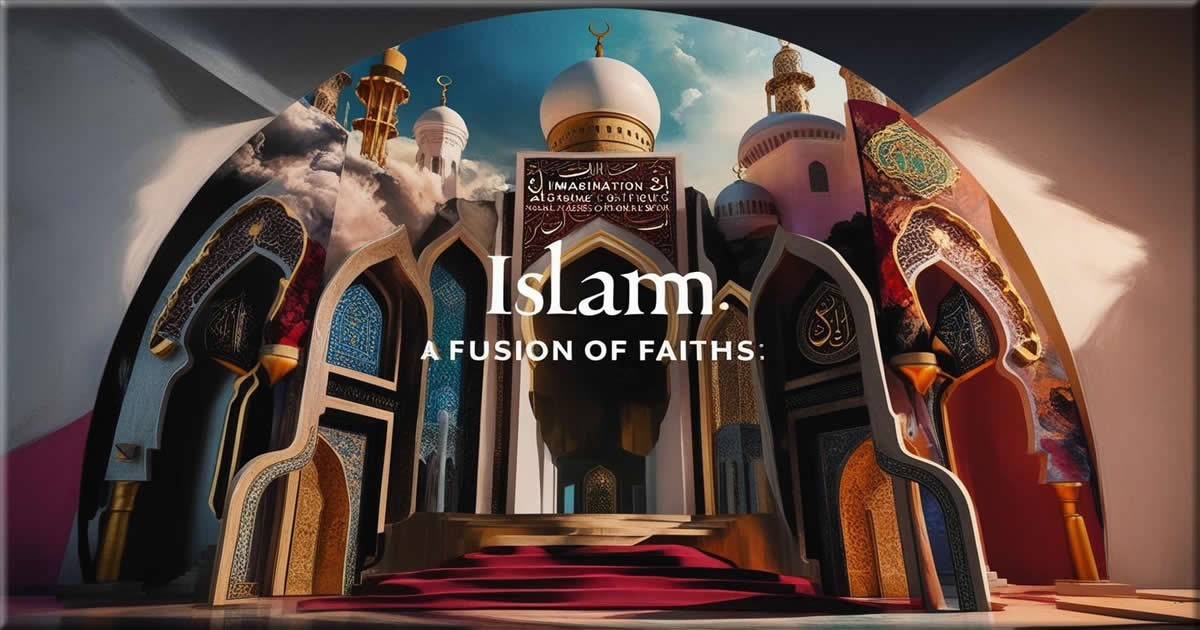
Muslims, however, regard the Quran as a divinely revealed scripture, untouched by human influence, and see it as a continuation of the same divine message conveyed through earlier prophets. While acknowledging shared stories with the Bible, Islam asserts its distinct theological perspective, emphasizing concepts like monotheism, the finality of prophethood with Muhammad, and the specific practices that define its worship and community life.
Muslim scholars often emphasize that while the Quran engages with familiar biblical narratives, it introduces new dimensions to these stories, thus offering fresh insights and interpretations. However, despite their claims, Islam, like any other religion, is nothing more than a fictional lack of real-life invented and originated by humans to manipulate the masses around the world spiritually.
Related Topics




